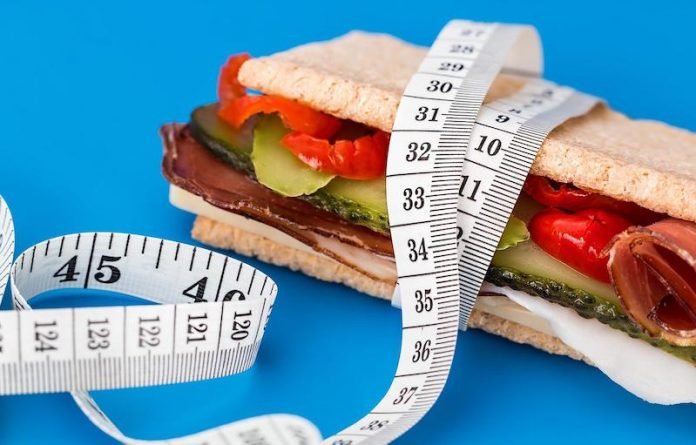
Scientists from the University of Alabama at Birmingham found that time-restricted eating by eating early in the day is more effective for weight loss at 14 weeks than eating over a period of 12 or more hours daily.
In the study, the team examined whether early time-restricted eating is more effective than eating over a period of 12 or more hours in a 14-week period.
Participants were aged 25 to 75 years with obesity and received weight-loss treatment.
Ninety participants were assigned to early time-restricted eating plus energy restriction (eight-hour eating window from 7:00 to 15:00) or control eating plus ER.
The researchers found that the early time-restricted eating + eight-hour intervention was more effective for weight loss (−2.3 kg) but did not affect body fat or the ratio of fat loss to weight loss.
The effects of early time-restricted eating + eight-hour intervention were equivalent to an additional 214-kcal/day reduction in calorie intake.
The team also found improvements in diastolic blood pressure (−4 mm Hg) and mood disturbances, including fatigue-inertia, vigor-activity, and depression-dejection for the early time-restricted eating + eight-hour intervention.
Between the groups, all other cardiometabolic risk factors, food intake, physical activity, and sleep outcomes were similar.
Early time-restricted eating + eight-hour was more effective for losing body fat and trunk fat than the control group in a secondary analysis of 59 completers.
The team says the early time-restricted eating intervention may therefore be an effective treatment for both obesity and high blood pressure.
If you care about weight loss, please read studies about a better way for weight loss, and this tea may help you lose weight during sleep.
For more information about wellness, please see recent studies about popular weight loss diets linked to higher heart disease risk, and results showing this diet could boost your gut health and weight loss.
The research was published in JAMA Internal Medicine and conducted by Humaira Jamshed et al.
Copyright © 2022 Knowridge Science Report. All rights reserved.



